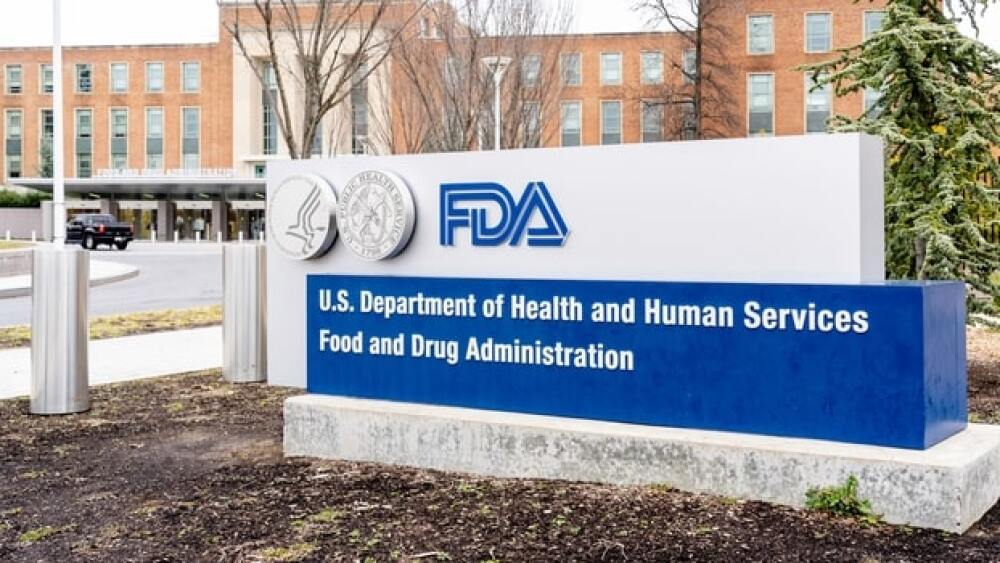Ahead of the July Fourth holiday, the U.S. Food and Drug Administration has two PDUFA dates on the calendar. Here’s a look.
JHVEPhoto/Shutterstock
Ahead of the July Fourth holiday, the U.S. Food and Drug Administration (FDA) has two PDUFA dates on the calendar. Here’s a look.
Vericel’s NexoBrid for Debridement for Burns
Vericel Corporation, based in Cambridge, Mass., has a target action date of June 29, 2021, for its Biologics License Application (BLA) for NexoBrid for eschar removal (debridement) in adults with deep partial-thickness and/or full-thickness thermal burns. NexoBrid is a concentrate of proteolytic enzymes enriched in bromelain. Eschar is nonviable burn tissue. The therapy is approved in the European Union and other international markets. It has been designated as an orphan biologic in the U.S.
On September 16, 2020, when the FDA accepted the BLA, Nick Colangelo, president and chief executive officer of Vericel, said, “The FDA’s acceptance of the NexoBrid BLA for review represents another important milestone toward our goal of providing a new standard of care for eschar removal in patients with severe burns. We look forward, together with MediWound, to working with the FDA during the BLA review process as we seek marketing approval for NexoBrid in the United States.”
Vericel holds an exclusive license from MediWound for north American rights to NexoBrid. Funding and technical support to MediWound to develop NexoBrid was provided by the U.S. Biomedical Advanced Research and Development Authority (BARDA). The pact was inked in May 2019.
BARDA awarded MediWound a contract of up to $132 million to develop and manufacture NexoBrid in the U.S. BARDA provided technical assistance and $56 million in funding toward development costs, including the DETECT trial and a Phase III pediatric (CIDS) study. It also included a $16.5 million commitment for procurement of NexoBrid contingent upon FDA eligibility for use in an emergency or FDA marketing approval.
In January 2019, MediWound announced positive top-line data from the pivotal Phase III U.S. DETECT trial of NexoBrid in adults with deep partial- and full-thickness thermal burns up to 30% of total body surface area. It hit the primary endpoint of complete eschar removal as well as its secondary endpoints which included shorter time to eschar removal, lower incidence of surgical eschar removal, and lower blood loss compared to standard of care.
Provention Bio’s Teplizumab for Type 1 Diabetes
Provention Bio, based in Red Bank, NJ, has a target action date of July 2 under Priority Review for its BLA for teplizumab for the delay or prevention of clinical type 1 diabetes (T1D) in at-risk individuals. Teplizumab is an anti-CD3 monoclonal antibody. More than 800 people have received the drug in clinical trials of more than 1,000 subjects. In previous studies of newly diagnosed patients, the drug consistently showed the ability to preserve beta-cell function, a measure of endogenous insulin production, which resulted in a decreased need for exogenous insulin use. The drug had been granted Breakthrough Therapy Designation by the FDA and PRIME designation by the European Medicines Administration (EMA).
On May 27, the FDA’s Endocrinologic and Metabolic Drugs Advisory Committee (EMDAC) met and voted 10 yes and 7 no on the question, “Does the information provided in the background documents and presentations by the Applicant and FDA show that the benefits of teplizumab outweigh the risks in support of approval to delay clinical type 1 diabetes mellitus?”
“We want to first and foremost thank everyone throughout the T1D community, the patients, the caregivers and the clinicians for their support today,” said Ashleigh Palmer, co-founder and chief executive officer of Provention. “We especially want to thank T1D clinicians, patients and families for having the courage and conviction to so articulately describe during today’s open public hearing, as well as in the over 180 letters submitted to the EMDAC docket, what it means to live with T1D and how meaningful a delay in onset of two or more years would be.”
Palmer also went on to thank TrialNet, the National Institute of Diabetes and Digestive and Kidney Diseases (NIDDK), and all the patients and families involved in the TN-10 study.





